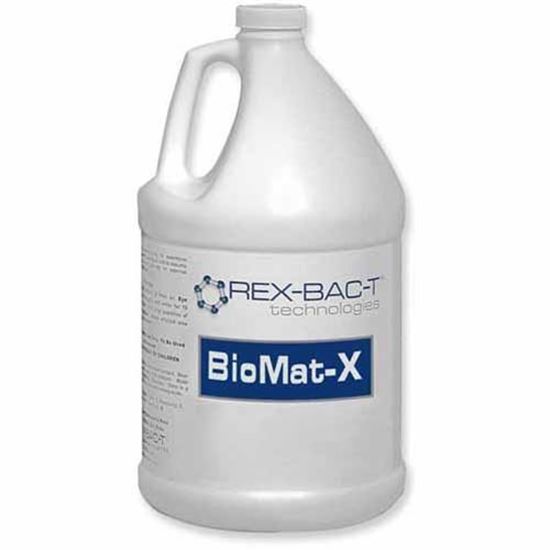Are you struggling with clogged drain lines in your septic system and searching for the perfect solution to unclog them? Look no further! In this article, we will explore the world of septic drain line cleaners and help you find the best one for your needs. Whether you’re dealing with stubborn blockages or simply looking to maintain a healthy septic system, we’ve got you covered. Say goodbye to clogs and say hello to a smoothly flowing septic system!
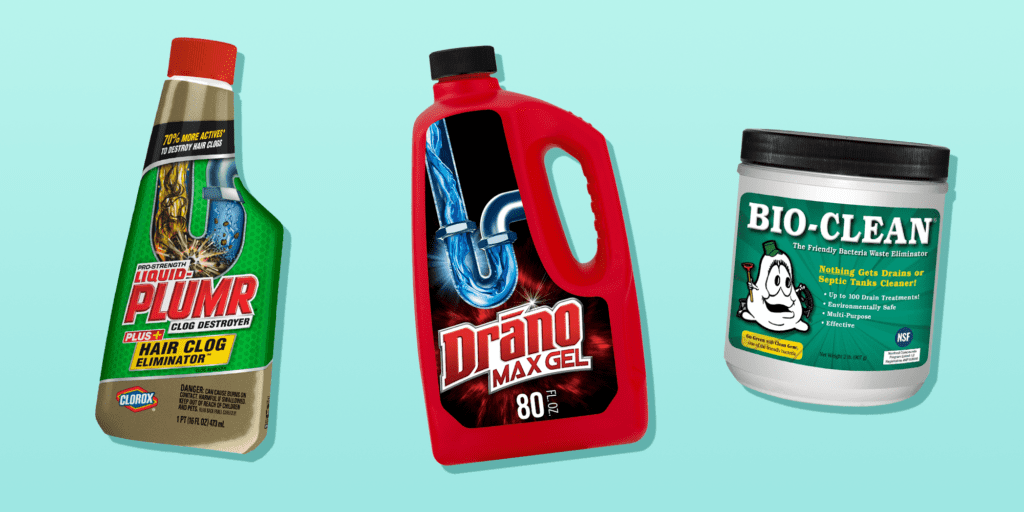
Types of septic drain line cleaners
When it comes to choosing a septic drain line cleaner, there are several options available to you. The three main types of cleaners are chemical cleaners, biological cleaners, and mechanical cleaners. Each type has its own advantages and disadvantages, so it’s important to consider your specific needs and preferences before making a decision.
Chemical cleaners
Chemical cleaners are a common choice for many homeowners due to their effectiveness in removing clogs and blockages in septic drain lines. These cleaners typically contain strong chemicals that break down organic matter, grease, and other debris that can accumulate in the pipes.
Biological cleaners
Biological cleaners, also known as enzyme cleaners, are an alternative to chemical cleaners. These cleaners contain enzymes and bacteria that actively break down waste and organic matter in the septic system. They work by introducing beneficial bacteria into the drain lines, which help to break down the waste and keep the system running smoothly.
Mechanical cleaners
Mechanical cleaners, such as plumbing snakes and high-pressure water jetting, are physical tools used to remove clogs and blockages in septic drain lines. These cleaners are typically used in more severe cases where the clogs cannot be easily dissolved by chemical or biological cleaners.
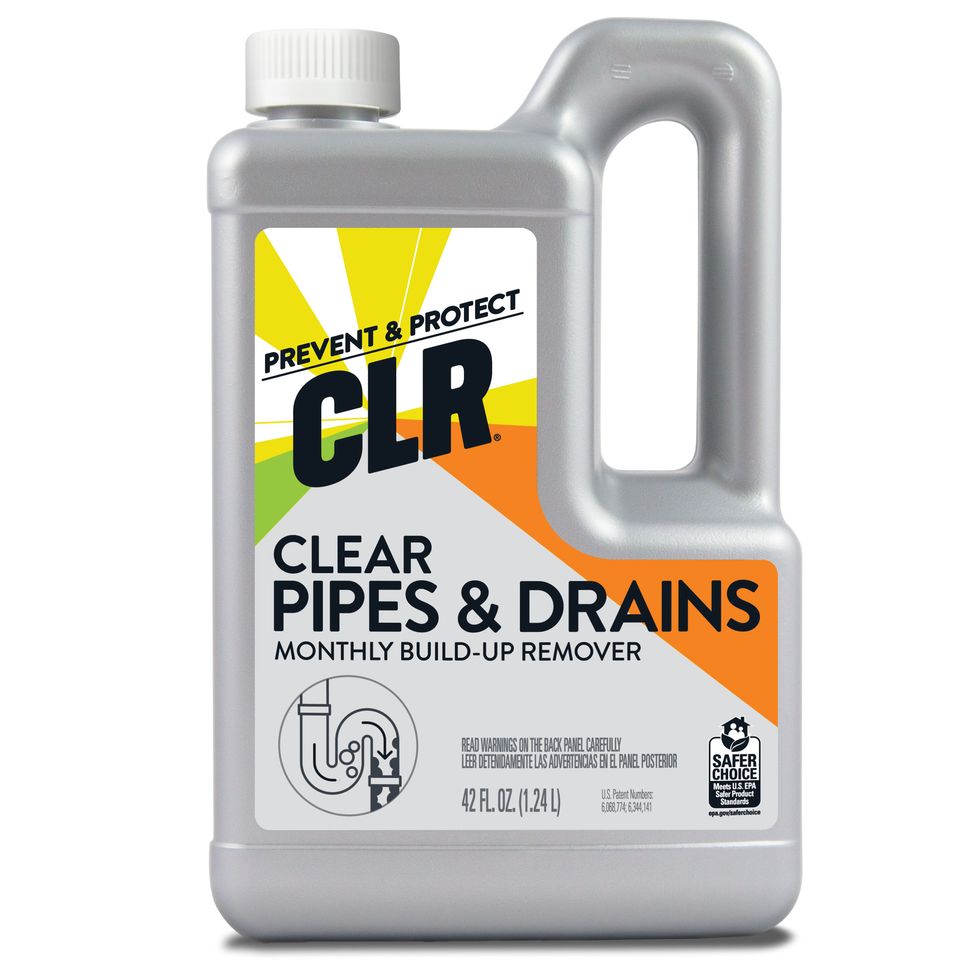
Factors to consider when choosing a septic drain line cleaner
Choosing the right septic drain line cleaner is crucial for maintaining the health and longevity of your septic system. Here are some important factors to consider when making your decision:
Effectiveness
The effectiveness of a drain line cleaner is an essential factor to consider. You want to choose a cleaner that can effectively remove clogs and blockages from your septic drain lines. Look for cleaners that have a proven track record of success in clearing drain lines and preventing future clogs.
Safety
Safety should always be a top priority when choosing any cleaning product, and septic drain line cleaners are no exception. Look for cleaners that are safe to use and handle, and avoid cleaners that contain harsh chemicals that may be harmful to you, your family, and the environment.
Environmental impact
Septic systems play a crucial role in protecting the environment, so it’s important to choose a drain line cleaner that won’t harm the ecosystem. Look for cleaners that are biodegradable and environmentally friendly, as they will minimize the impact on the surrounding environment.
Compatibility with your septic system
Not all drain line cleaners are suitable for every type of septic system. Before choosing a cleaner, make sure it is compatible with your specific septic system. Consider factors such as the age and type of your system, as well as any specific requirements or recommendations from the manufacturer.
Ease of use
Nobody wants to spend hours trying to unclog their septic drain lines. Choose a cleaner that is easy to use and doesn’t require any complicated or time-consuming procedures. Look for cleaners that come with clear instructions and are user-friendly, so you can quickly and effectively clean your drain lines without any hassle.
Price
Budget is always a consideration when purchasing any product, and septic drain line cleaners are no different. Compare prices and consider the value that each cleaner offers. Remember that price does not always equate to quality, so make sure to balance cost with the other factors mentioned above.
Now that we’ve covered the factors to consider when choosing a septic drain line cleaner, let’s take a closer look at the different types of cleaners available and their advantages and disadvantages.
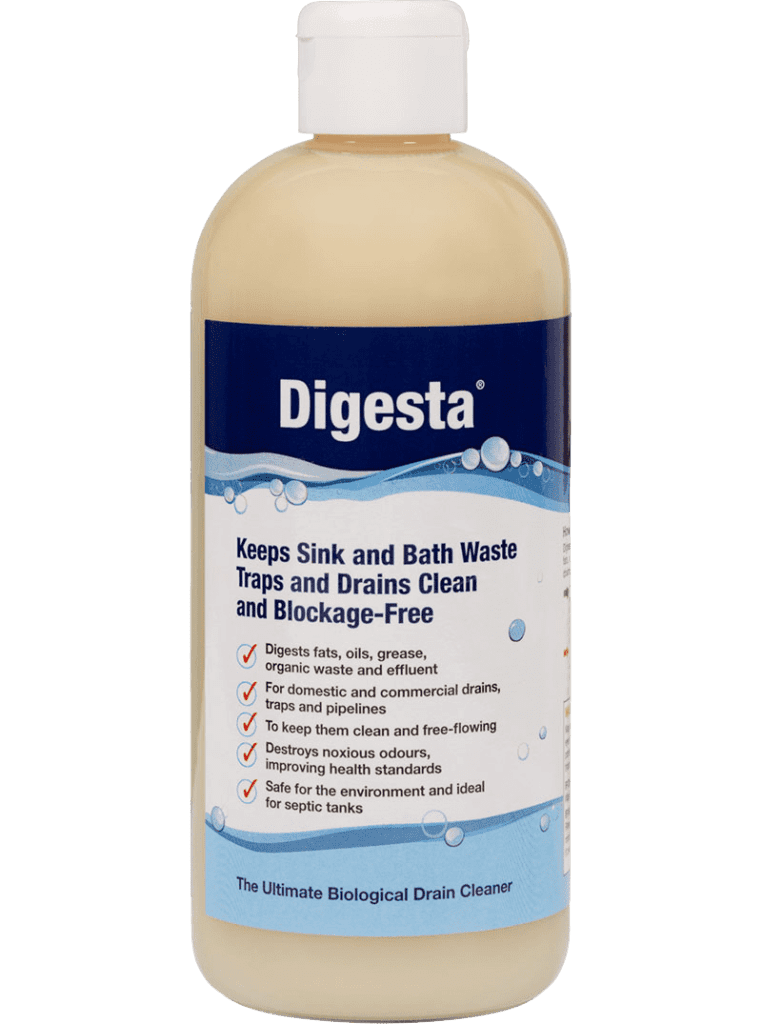
Chemical cleaners
Chemical cleaners are a popular choice for homeowners looking to quickly and effectively clear clogs and blockages in their septic drain lines. There are three main types of chemical drain cleaners: caustic drain cleaners, enzyme-based drain cleaners, and acidic drain cleaners.
Caustic drain cleaners
Caustic drain cleaners are commonly found in most household cleaning sections. They contain strong alkaline chemicals like lye, which work by generating heat to dissolve clogs and blockages. Caustic drain cleaners are highly effective in clearing most types of clogs, including those caused by grease and hair.
How they work
Caustic drain cleaners work by creating a chemical reaction upon contact with water. The heat generated by the reaction helps to dissolve the clog and clear the drain line. These cleaners are typically poured directly into the drain and left to sit for a specified amount of time, usually 30 minutes to an hour, before being flushed with hot water.
Advantages
- Caustic drain cleaners are highly effective in dissolving most types of clogs and blockages.
- They are readily available and can be purchased at most supermarkets or hardware stores.
- Caustic drain cleaners are relatively inexpensive compared to other types of drain line cleaners.
Disadvantages
- Caustic drain cleaners contain harsh chemicals that can be harmful if not used properly.
- They can damage pipes and fixtures if left in contact for too long or used in excessive amounts.
- Caustic drain cleaners may not be suitable for all types of clogs, such as those caused by tree roots or non-organic materials.
Enzyme-based drain cleaners
Enzyme-based drain cleaners, also known as biological drain cleaners, are a more environmentally friendly alternative to chemical cleaners. These cleaners contain specific enzymes and bacteria that help to break down organic waste and keep drain lines clear.
How they work
Enzyme-based drain cleaners introduce beneficial bacteria and enzymes into the septic system. These bacteria and enzymes actively digest organic matter, such as grease, food particles, and toilet paper, breaking it down into harmless byproducts. The enzymes continue to work over time, helping to prevent future clogs and maintaining the health of the septic system.
Advantages
- Enzyme-based drain cleaners are environmentally friendly and biodegradable.
- They provide a long-term solution by preventing future clogs and keeping drain lines clear.
- Enzyme-based cleaners are safe to use and handle, as they don’t contain harsh chemicals.
Disadvantages
- Enzyme-based drain cleaners may take longer to clear severe or stubborn clogs compared to chemical cleaners.
- Some enzyme-based cleaners may require regular or frequent applications to maintain their effectiveness.
- These cleaners may not be suitable for all types of clogs, such as those caused by non-organic materials.
Acidic drain cleaners
Acidic drain cleaners are another type of chemical drain cleaner commonly used to dissolve clogs in septic drain lines. These cleaners contain acids, such as sulfuric acid or hydrochloric acid, which work by reacting with the clog and breaking it down.
How they work
Acidic drain cleaners work by producing heat and releasing gases upon contact with the clog. The heat generated helps to dissolve the clog, while the gases help to dislodge any trapped debris. Acidic drain cleaners are typically applied directly to the clog and left to sit for a specific amount of time before being flushed away.
Advantages
- Acidic drain cleaners are highly effective in dissolving stubborn clogs, including those caused by hair and soap scum.
- They can quickly clear drain lines and restore proper flow.
- Acidic drain cleaners are relatively easy to use and readily available.
Disadvantages
- Acidic drain cleaners contain strong acids that can be corrosive and damaging to pipes, fixtures, and the environment.
- They can produce fumes that may be harmful if inhaled, so proper ventilation is necessary when using these cleaners.
- Acidic drain cleaners should be used with caution and may not be suitable for all types of drain line clogs.
Now that we’ve covered chemical cleaners, let’s explore the next type of septic drain line cleaner: biological cleaners.
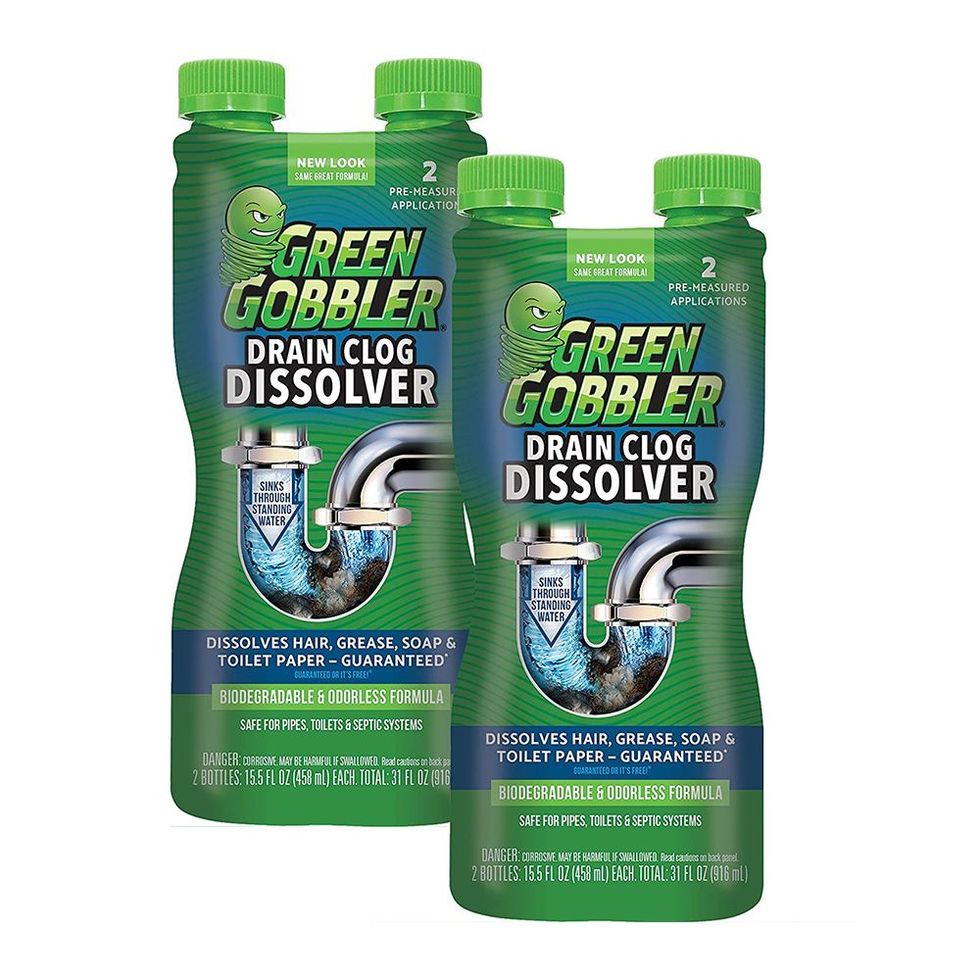
Biological cleaners
Biological cleaners, also known as bacterial cleaners, are a natural and eco-friendly alternative to chemical cleaners. These cleaners harness the power of beneficial bacteria to break down waste and keep drain lines clear.
How they work
Biological cleaners introduce specific strains of bacteria into the septic system. These bacteria actively break down organic matter, such as grease, food particles, and toilet paper, which can accumulate in drain lines and cause clogs. The bacteria digest the waste, converting it into harmless byproducts and preventing further buildup.
Advantages
- Biological cleaners are environmentally friendly and biodegradable, making them a safe choice for the ecosystem.
- They provide a long-term solution by continually breaking down waste and preventing future clogs.
- Biological cleaners are generally safe to use and handle, as they do not contain harsh chemicals.
Disadvantages
- Biological cleaners may take longer to clear severe or stubborn clogs compared to chemical cleaners.
- Some biological cleaners may require regular or frequent applications to maintain their effectiveness.
- These cleaners may not be suitable for all types of clogs, such as those caused by non-organic materials.
Now that we’ve explored biological cleaners, let’s take a closer look at mechanical cleaners.
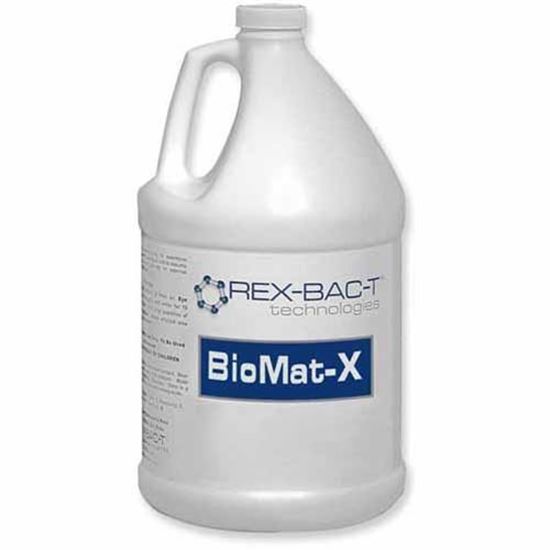
Mechanical cleaners
Mechanical cleaners utilize physical tools to remove clogs and blockages in septic drain lines. These cleaners are typically used in more severe cases where chemical or biological cleaners are not effective.
Plumbing snakes
Plumbing snakes, also known as drain snakes or augers, are a common mechanical cleaner used to clear stubborn clogs in septic drain lines. These tools consist of a long, flexible cable with a corkscrew-like end that can be inserted into the drain to break up and remove the clog.
How they work
To use a plumbing snake, the cable is inserted into the drain until it reaches the clog. The corkscrew end is then rotated, allowing the snake to grab onto the clog and break it up or pull it out of the drain. Plumbing snakes are available in various sizes and lengths to accommodate different types of drains and clogs.
Advantages
- Plumbing snakes are effective in removing tough clogs, including those caused by tree roots or non-organic materials.
- They are a non-toxic and chemical-free option for clearing drain lines.
- Plumbing snakes are reusable and can be a cost-effective solution compared to other methods.
Disadvantages
- The use of plumbing snakes requires some skill and can be physically demanding.
- It may be difficult to reach clogs in certain areas of the drain, depending on the layout and accessibility of the pipes.
- Plumbing snakes may not be suitable for all types of clogs, especially those located deep within the septic system.
High-pressure water jetting
High-pressure water jetting, also known as hydro jetting, is another mechanical cleaning method used to clear clogs and blockages in septic drain lines. This method utilizes a high-pressure water stream to break up and flush away the clog.
How it works
In high-pressure water jetting, a specialized nozzle is inserted into the drain, and a highly pressurized water stream is released. The force of the water breaks apart the clog and flushes it away, effectively clearing the drain line. High-pressure water jetting equipment is usually operated by professionals who are trained to handle the equipment safely and effectively.
Advantages
- High-pressure water jetting is highly effective in clearing severe and stubborn clogs.
- It can remove mineral deposits, tree roots, and other tough blockages from drain lines.
- This method provides thorough cleaning and helps to restore the optimal flow of water in the septic system.
Disadvantages
- High-pressure water jetting equipment is expensive and typically requires professional assistance to operate.
- The high-pressure water stream can damage pipes and fixtures if not used correctly, so it should only be performed by experienced individuals.
- It may not be suitable for all types of septic systems or drain line clogs, as excessive pressure can cause further damage.
In conclusion, choosing the best septic drain line cleaner involves considering factors such as effectiveness, safety, environmental impact, compatibility, ease of use, and price. Chemical cleaners, including caustic, enzyme-based, and acidic cleaners, are popular choices due to their effectiveness, but they may contain harsh chemicals and have certain limitations. Biological cleaners harness the power of beneficial bacteria to break down waste and offer an eco-friendly solution but may take longer to clear severe clogs. Mechanical cleaners, such as plumbing snakes and high-pressure water jetting, provide physical methods for removing stubborn clogs, but require skill and may have limitations depending on the situation. By understanding the different types of cleaners and their pros and cons, you can make an informed decision and select the septic drain line cleaner that best meets your needs and preferences.
